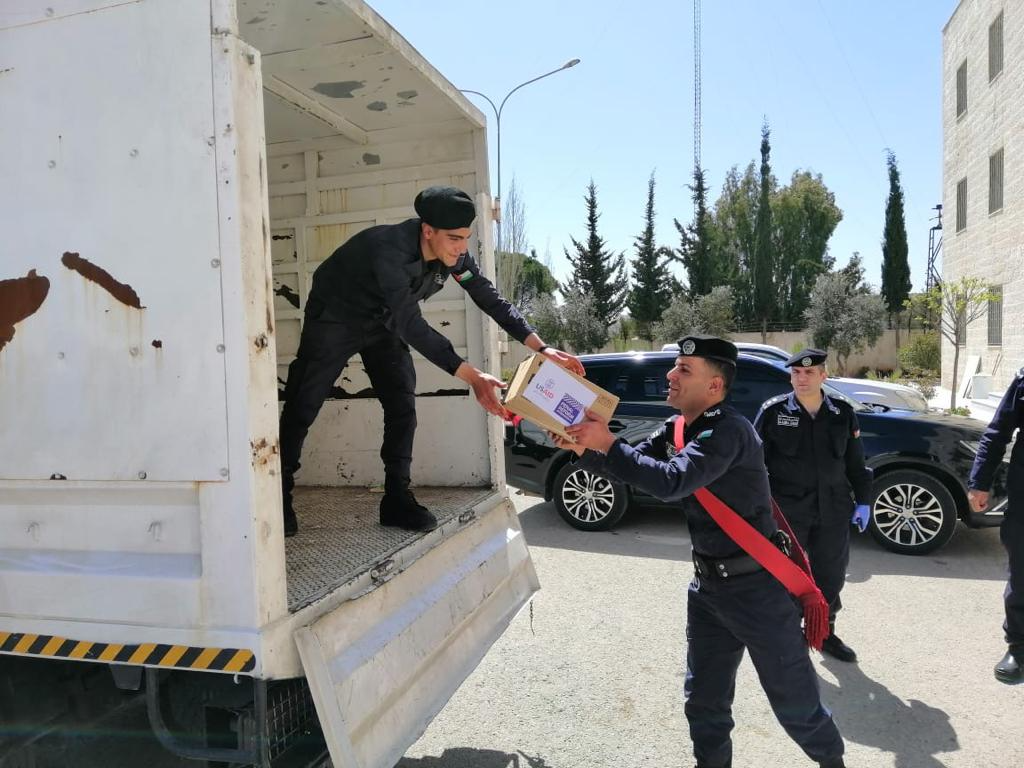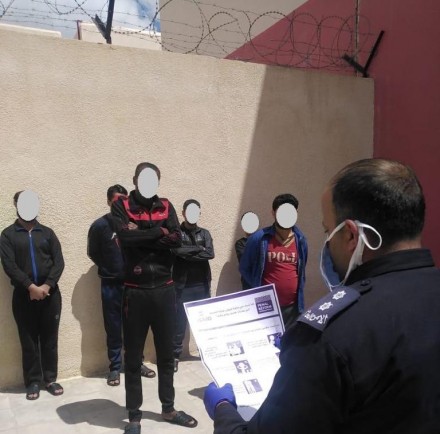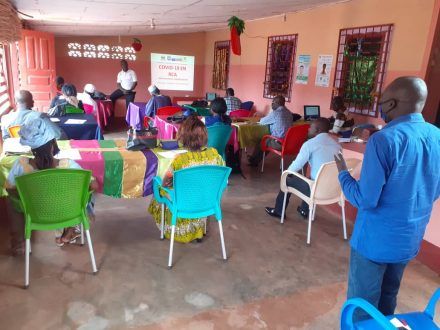
As governments across the world began to respond to the threat of COVID-19, PRI highlighted the potential for catastrophe in prisons worldwide. PRI immediately called for rapid reductions in prison populations to relieve pressure on prison systems and protect the most vulnerable, calls which were echoed by the international human rights community.
On 16 March 2020, PRI released its first briefing note ‘Coronavirus: Healthcare and human rights of people in prison’. This briefing is now being used to support criminal justice policy and practice by highlighting the risks of COVID-19 in places of detention, good practice and measures recommended by PRI to protect people in prison from the virus and ensure their human rights are protected.
On 22 April 2020, PRI launched the new edition of its annual flagship publication Global Prison Trends with an international online webinar. This event brought together international human rights leaders, including United Nations Assistant Secretary-General for Human Rights, Ilze Brands Kehris. Speakers discussed the report’s assessment of the systematic problems plaguing criminal justice systems worldwide that have increased the vulnerability of people in prison and staff to COVID-19 and PRI’s call for a global reduction in prison populations.
On 14 July 2020, PRI launched a new briefing note, Coronavirus: Preventing harm and human rights violations in criminal justice systems at an online webinar bringing together global leaders and experts to discuss the status for persons in detention, those serving probation or other alternatives. The briefing exposes lack of data and systemic testing for persons in prison, and staff, and other shortcomings. It includes urgent response recommendations, as well as guidance on longer term systemic reform.
An expert blog, Coronavirus and women in detention: A gender-specific approach missing, published in June 2020 analyses the impact of COVID-19 on women in prison, concluding they have been neglected and overlooked in responses.
PRI has been raising the profile of the impact of COVID-19 in prisons in the media as well as advising international institutions and national governments in Central Asia, the Middle East, Africa and South Caucasus on how to reduce the impact of COVID-19 in places of detention.
 In the Middle East and North Africa, PRI has partnered with authorities to help provide vital personal protective equipment to places of detention as well as training for prison staff on how to protect themselves and the people in their care from the virus. In Kazakhstan, PRI has provided relevant state authorities with expert support and recommendations for emergency measures to be taken in places of detention.
In the Middle East and North Africa, PRI has partnered with authorities to help provide vital personal protective equipment to places of detention as well as training for prison staff on how to protect themselves and the people in their care from the virus. In Kazakhstan, PRI has provided relevant state authorities with expert support and recommendations for emergency measures to be taken in places of detention.

Training to prevent spread of COVID-19 in prisons in Central African Republic, Bangui, June 2020
PRI also developed a number of infographics in Kazakh and Russian and ensured that a livestream from the prison service in Kazakhstan, with detailed information on the current situation in prisons, was made available to the public. This allowed families and friends of detainees to monitor the situation closely.
In Central African Republic, PRI undertook training of civil society and prison staff on measures to prevent the spread of COVID-19 in prisons. In Uganda, PRI has been working with authorities to assist in releases of people from prison, as well as providing assistance for transportation so they can get home to their communities.
PRI co-published the briefing ‘COVID-19 and the Rights of Children of Parents who are Incarcerated: Impacts and Recommendations’. This briefing provides information on the impacts of COVID-19 for children of people in prison and offers recommendations for states and other actors on how to protect the rights of these children and their families during the pandemic.
PRI is adapting its vital work promoting fair and effective justice worldwide to the challenges presented by COVID-19. At PRI, we are guided by our principles of do no harm, equality, transparency and humanity. Today, our incredibly dedicated team, working at a distance, remains steadfastly committed to criminal justice reform and promoting human rights for people in prison.
Learn more about why people in prison and prison staff are vulnerable to COVID-19 here and find resources to support governments and criminal justice practitioners to reduce the risk of mass outbreaks in prisons here.